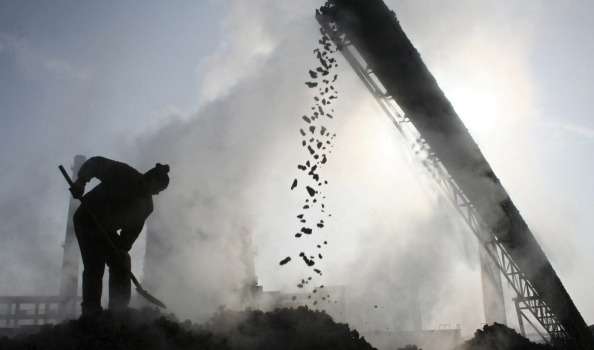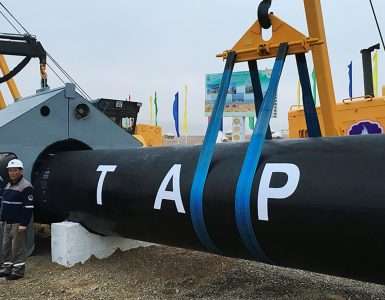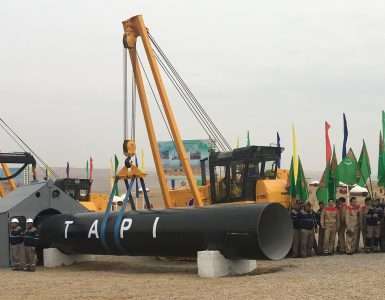First cabbage was more expensive than steel, now the price of coal in China has fallen so dramatically it is far cheaper than water.
As both coking and thermal coal prices hit new record lows in China on Tuesday, the outlook for Australia’s other major export, iron ore, has also worsened.
The China Iron and Steel Association (CISA) said further cuts in steel production should be expected over the next six weeks, as steel consumption fell at an annual rate of 5.2 per cent in July, its worst result on record.
“That is far worse than even the most bearish analysts had expected,” said Tim Murray, the managing director of the Beijing-based, J Capital Research.
In a typical economic cycle the opposite should be happening, as China’s housing market is showing strong signs of recovery. It is the key driver of steel demand, accounting for around one quarter of consumption.
But gains in home prices are not translating into greater demand for steel, even as the iron ore price has risen marginally in recent weeks after lower than expected supply from Australia and Brazil.
For the first time in 16 months new home prices across China are rising in more cities than they are falling, according to government data released on Tuesday.
The National Bureau of Statistics said prices rose in 31 of the 70 cities surveyed, compared to declines in 29 cities – prices were flat in the remainder.
Yet there is little good news on the horizon for either coal or iron ore.
CISA, the country’s peak body for iron ore and steel, released a horror report which showed not only a greater than expected decline in consumption, but that production had fallen by 4.6 per cent in July compared to the previous month.
Analysts had been expecting a fall of around 2 per cent.
“This is the beginning of the big slow-down in [steel] production,” said Mr Murray from J Capital.
He said the drop in production came despite steel exports rising 9 per cent over the month and 21 per cent on an annual basis.
“This shows how bad domestic (steel) demand really is,” he said.
Beijing has imposed strict air quality standards on neighbouring provinces to ensure blue sky during the event in early September, which will see world leaders including Vladimir Putin in attendance.
CISA is expecting a slight pick-up in demand later in the year as the central government increases infrastructure spending in an effort to meet its annual growth target of 7 per cent.
Even still, Goldman Sachs are forecasting the iron ore price to average $US49 a tonne this quarter, 13 per cent lower than its current level. The investment bank expects a price of $US44 a tonne in 2016.
The outlook for coal is equally weak after the National Energy Administration said on August 14, that China’s power consumption increased just 0.8 per cent over the first seven months of the year. This is sharp decrease from the 4.9 per cent gain during the same time last year.
Despite more focus on renewable energy and natural gas, China still generates around 80 per cent of its electricity from coal.
“The economy is not good and so it’s hard to see how the price will increase,” said Lin Xiaotao, an analyst with ICIS Consulting. “There is also too much supply.”
This saw coal imports slump 38 per cent over the first half of the year. Ms Lin said China’s imports are likely to contract further, after the central bank devalued the yuan last week, making domestic supplies more attractive.
Prices hit a record low on Tuesday, dropping to 411 yuan a tonne on the benchmark Bohai Bay Coal Index. Prices are 52 per cent below their peak in November 2011.
Coking coal, used in steel making, is also at a record low, trading at 680 yuan a tonne.
On an equivalent basis this means coking coal is cheaper than water, which is price around 1000 yuan a tonne (1,000 litres).
In early 2013 a tonne of coking coal and the equivalent amount of water were similarly prices, before the end of the resources boom saw coking coal prices halve.
In July research house Platts caused a sensation by noting a tonne of hot rolled steel was worth less than the equivalent amount of white cabbage and had been for some time.










Add comment